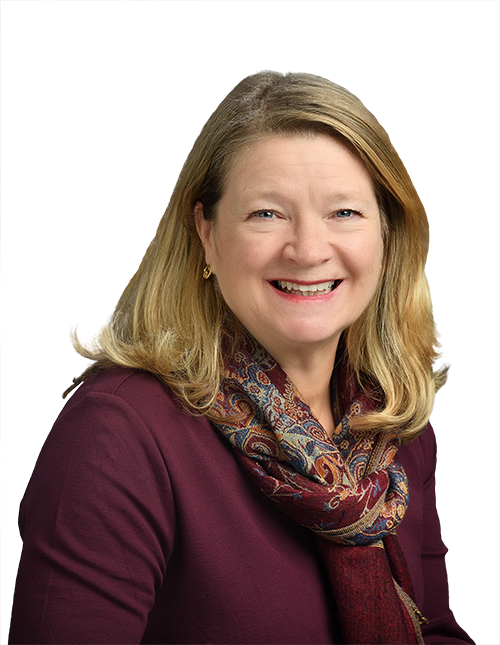Let’s Continue to Seek Equality During Developmental Disabilities Awareness Month
Since 1987, when the first official National Developmental Disabilities Awareness Month was declared, we’ve recognized March as a time for understanding, education, and advocacy for equal opportunities for all. Regardless of ability, everyone deserves the respect, dignity and support needed to live fulfilling, independent lives.
Millions of Americans have intellectual or developmental disabilities (I/DD). These are defined as impairments in physical, learning, language or behavioral areas and include a broad range of conditions such as autism, Down syndrome, attention deficit hyperactivity disorder (ADHD), dyslexia, dysgraphia, and many other learning disorders.[1] In the United States, 1 in 6 children have one or more developmental disability.[2]
Historically, people with disabilities have faced considerable adversity, being broadly denied agency, independence, and fundamental human rights. Decades of advocacy from disability activists and allies have made significant progress toward equity. Notable victories include the 1990 passage of the Individuals with Disabilities Education Act (IDEA), granting access to a free, appropriate public education to all children with disabilities, and the Americans with Disabilities Act (ADA), banning discrimination against people with disabilities in public life. The observation of Developmental Disabilities Awareness Month this year is especially poignant as we honor the legacy of Judith Heumann, a lifelong disabilities advocate who passed away this year on March 5th after a lifetime spent breaking down barriers. In 1970, Heumann became the first teacher in New York City to teach with the aid of a mobility device after initially being denied her certification to teach by the Board of Education.[3] Just four years later, while serving as a legislative assistant in the United States Senate, she helped draft the legislative language that became the IDEA. Judith Heumann remained a tireless champion for equality until her passing, and this year we celebrate her life, her achievements and the progress we have made.
Despite our progress, I realize the fight for equality and inclusivity is far from over. Protecting the hard-won rights of Americans with disabilities, stamping out lingering discrimination in education, employment, and health care, and ensuring that everyone knows their rights and can effectively access the services available to them is a constant but essential struggle. Before joining my colleagues in the state Assembly, I worked as an attorney representing parents of children with disabilities, ensuring that they received appropriate special education services. As a member of the Assembly’s Committee on People with Disabilities, I draw on this experience to keep fighting for equity for all New Yorkers.
To this end, I have been working to pass legislation giving students with disabilities support to overcome the unique obstacles that they face in life. This includes co-sponsoring laws establishing a dyslexia and dysgraphia task force to improve screenings for phonemic awareness issues in young children (A.133). Helping to diagnose these learning disabilities early protects students from unnecessary struggle and keeps them from falling behind their peers academically and socially.
This March, I am fighting even harder for those with disabilities, strengthening our state’s reputation for being a place where anyone can succeed. I encourage everyone to reflect and consider how they can work together in our community toward a nation free of discrimination, not just this month but every month.
[1] nationaldisabilityinstitute.org/press/march-is-developmental-disabilities-awareness-month
[2] cdc.gov/ncbddd/developmentaldisabilities/index.html
[3] https://www.nytimes.com/1970/05/27/archives/woman-in-wheel-chair-sues-to-become-teacher.html
[4] https://www.nytimes.com/1970/05/27/archives/woman-in-wheel-chair-sues-to-become-teacher.html